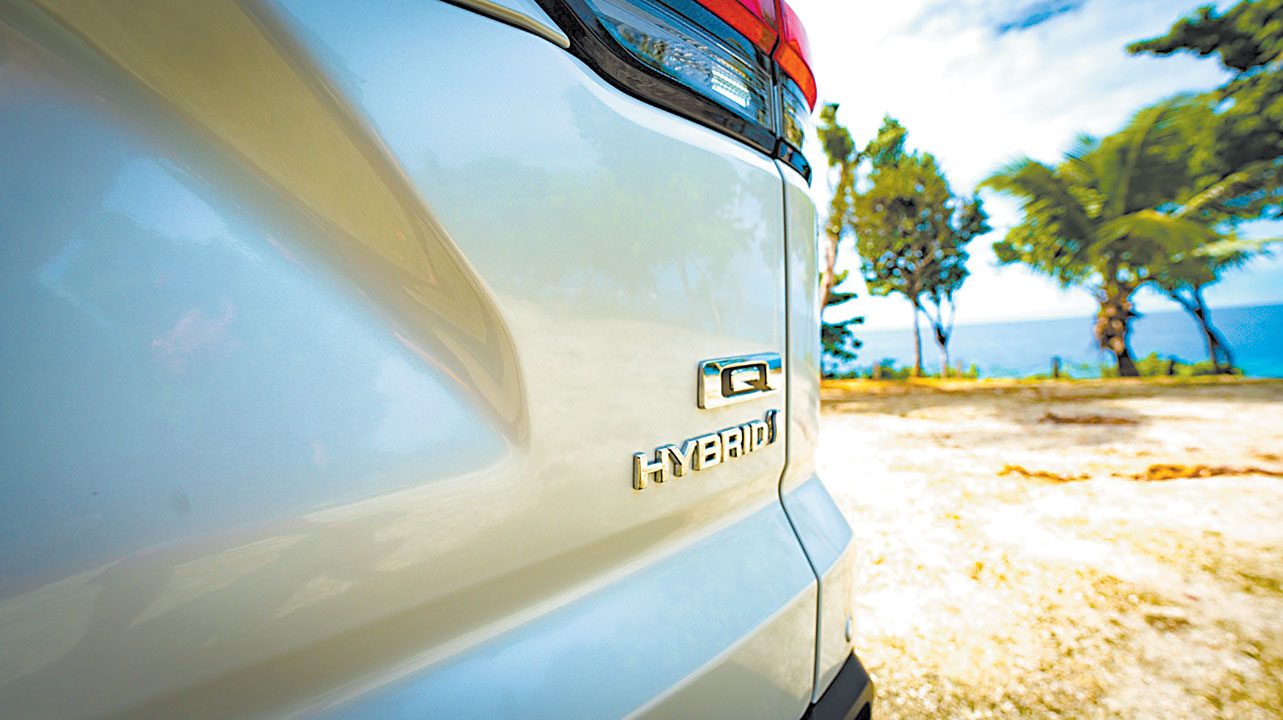
The Philippine automotive market has experienced significant growth, with 425,208 unit sales reported in November 2024, marking an 8.8% increase compared to the same period in 2023. This surge follows a robust 22% growth in 2023, as reported by the Chamber of Automotive Manufacturers of the Philippines, Inc. (CAMPI) [e765133c]. The growth in vehicle sales is closely tied to the country's economic indicators, including a Gross National Income (GNI) per capita of $4,335 at the end of 2023, which is projected to surpass $4,516 by late 2025 [e765133c].
Demographically, the median age in the Philippines is 25.7 years, indicating a youthful consumer base that is increasingly engaging with the automotive market. Interestingly, the purchasing behavior shows that 20% of car purchases are made in cash, 25% are company orders, and a significant 55% are financed through loans or leasing options [e765133c].
Leasing has emerged as a popular alternative to traditional ownership, with options such as finance leases and full-service operating leases (FSOL) gaining traction. FSOLs, in particular, offer flexibility and cost-effectiveness, allowing businesses to benefit from fixed monthly payments while reducing administrative burdens [e765133c]. This shift from ownership to 'usership' reflects broader trends in mobility, as consumers and businesses alike seek more adaptable solutions in their transportation needs [e765133c].
As the automotive landscape continues to evolve, the increasing preference for leasing over ownership highlights a significant change in consumer attitudes, driven by economic conditions and the desire for flexibility in mobility solutions. This trend is expected to shape the future of the automotive market in the Philippines, as more individuals and businesses embrace leasing as a viable option for their transportation needs [e765133c].